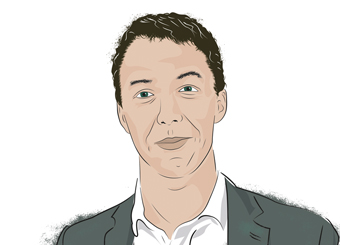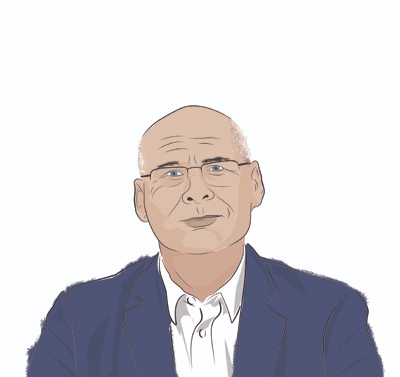Dr Joanne Tippett, Senior Lecturer in Spatial Planning at The University of Manchester, brings us The RoundView, a framework designed to help answer the question: how do we know if a decision or action is likely to move us towards a sustainable future?
It can be easy to feel paralysed in the face of climate breakdown. ‘Climate anxiety’ is a growing concern, especially among young people, who are experiencing feelings of hopelessness about the future of the environment. They are concerned about rising sea levels, biodiversity loss, the increasing frequency and severity of natural disasters, and how this will impact their future.
With the media narrative focused on doom and gloom, more young people are becoming apathetic to the crisis – something that, without urgent action, could speed up the impending environmental disaster. Without this group’s willingness to act, the matter could worsen exponentially.
Creative solutions to global challenges
In my career I have worked to clarify our understanding of how a more sustainable system could work. This culminated in The RoundView, a framework that enables us to ask questions about the impact of our actions, and to think of creative solutions. It is based on understanding the root causes of environmental problems, so we can design their opposite, and endeavour not to cause the problems in the first place.
A recent innovation is the creation of three-dimensional learning tools to engage, educate and inspire dialogue about sustainability action. The combination of puzzles, art and poetry increases engagement and understanding of these issues. By making learning fun and interactive, The RoundView is helping to inspire the next generation of environmentalists.
Diverse perspectives creating positive change
The framework has been developed over 25 years, taking feedback from thousands of participants – from people living in the mountains of Lesotho in South Africa, to supermarket staff, members of ecological restoration projects, and students at Manchester.
This helped to create a hands-on toolkit that’s easy for every individual to use and benefit from. For example, a seven-month installation at the National Trust at Quarry Bank in 2022 meant that 130,000 visitors learnt about The RoundView approach.
Used at all levels, from primary schools to university education and policy making, The RoundView is inspiring new ways of thinking about sustainability. Another example is the
Carbon Landscape, an ecological restoration programme in the landscape that fuelled Manchester’s Industrial Revolution. This has contributed to the former coalfields of Wigan and Leigh being declared a National Nature Reserve. Our aim is to make sustainability as fundamental to everyday life as the three Rs of Reading, wRiting and aRithmetic. The RoundView is the fourth R; a tool to improve our capacity for positive change.
Making sustainable futures a reality
The RoundView became a reality thanks to funding from the Sustainable Consumption Institute, Economic and Social Research Council, the Ellen Macarthur Foundation, the John Rylands Research Institute and Library, the National Trust (at Quarry Bank) and Natural England. We have also been awarded a British Academy Innovation Fellowship with the UK National Commission for UNESCO to develop the framework into a global learning resource.
My working life has been motivated by the possibility of building a sustainable future, and how we can work together to achieve it. With The RoundView, this vision could become a reality.
Discover more about The RoundView.

.jpg)



